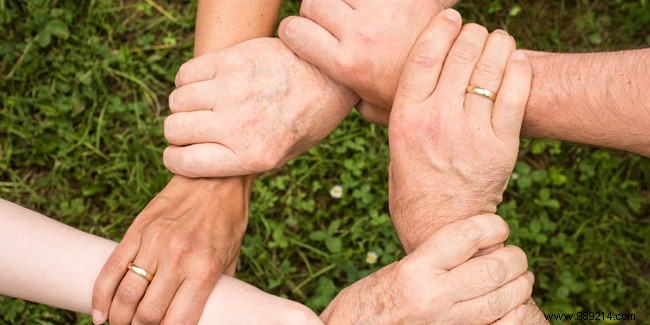
Shared housing is becoming increasingly popular in France. Whether it is a group of people sharing the same values of solidarity, ecology, conviviality and social ties, intergenerational housing or intended for the elderly or disabled, shared housing has the wind in its sails.
Shared housing, also called group or participatory housing, brings together a group of people wishing to build a project of living together and particularly motivated to design and collectively manage housing. Shared housing is most often considered by people with the same environmental concerns, sharing, generational diversity, etc., who decide to carry out a real estate transaction together.
Shared housing takes the form of a dwelling that offers private areas for each resident and common areas such as a garden, a meeting room, a playroom for children, etc. Thus, this type of cohabitation allows everyone to maintain their autonomy while having a rich social life.
Shared housing is increasingly used by elderly people in particular, and especially women, who wish to participate in the life of a community while maintaining their independence. Everyone participates in the life of the group according to their desires and their skills too.
There are two solutions for financing the joint purchase of shared housing. Either each resident brings his own contribution to be able to finance the part which is allotted to him. This contribution most often comes from individual mortgages, as any buyer of real estate can do.
Either the loan is said to be "collective", i.e. it is contracted in the name of the people who come together to buy shared housing, and more specifically in the name of a collective created to make the purchase. immovable. Shared housing projects are most often set up in the form of a joint ownership or a civil real estate company (SCI). But the law for access to housing and renovated urban planning (Alur), passed in 2014, recognized other legal forms for these collective housing groups:residents' cooperatives and allocation and distribution companies. self-promotion which allow natural persons to associate with the aim of acquiring and managing a shared habitat. Each of these collectives meets specific criteria in terms of mortgages.
In the case of a residents' cooperative, it is the collective real estate loan that is used for the purchase of housing. This loan contracted during the construction or purchase of an existing shared habitat is made with a single bank, common to all future owners. The latter become co-borrowers and in solidarity with each other. This collective loan most often finances 80% of the needs, the remaining 20% are made up of the personal contributions of each owner. To repay the mortgage taken out, each resident repays a monthly sum according to a predefined share.
If the future owners of shared housing are partners in an allocation and self-promotion company, the purchase of housing is made using loans taken out personally by each of them. The attribution of the private parts is then made in proportion to the financial participation of each resident.